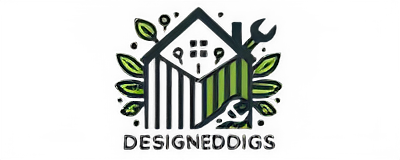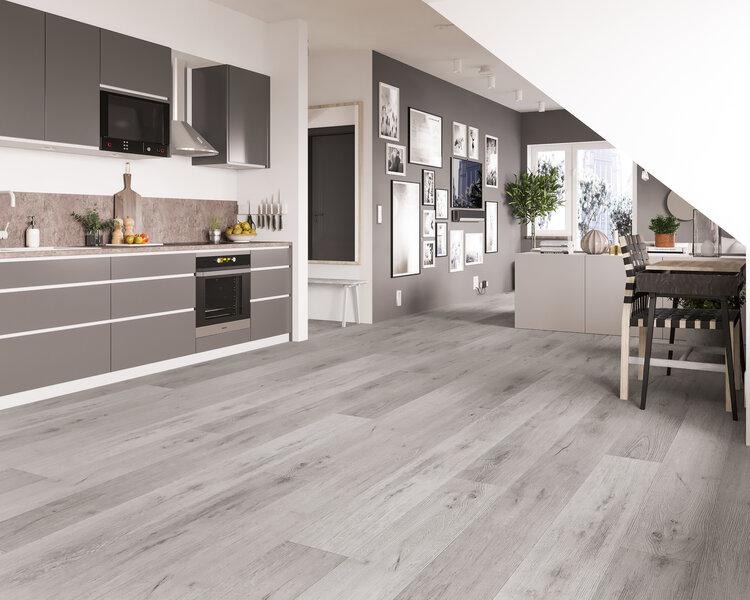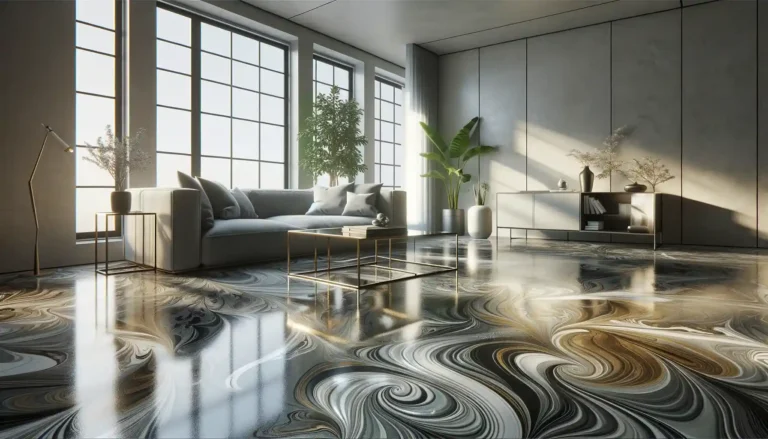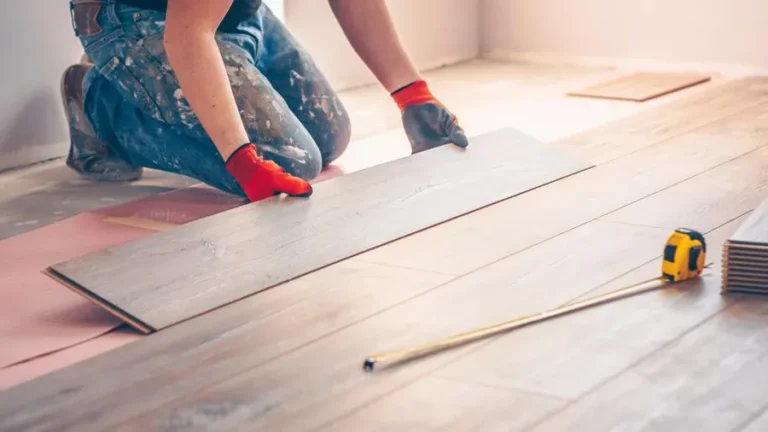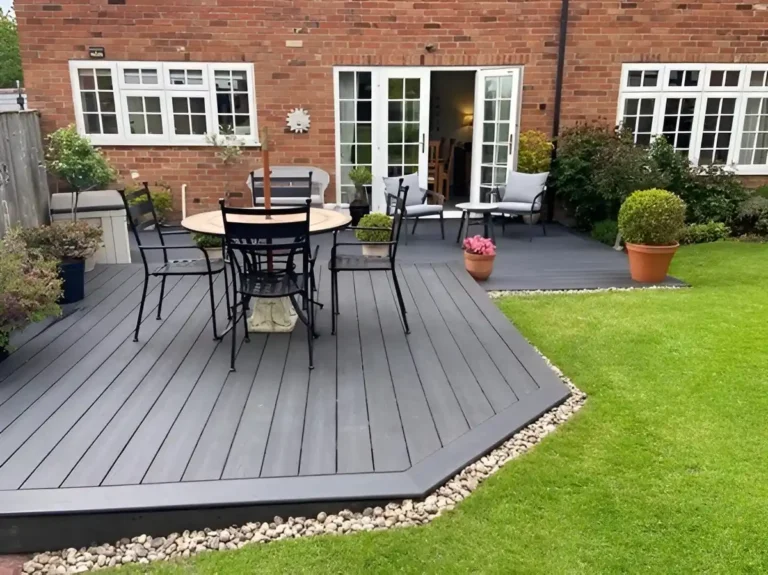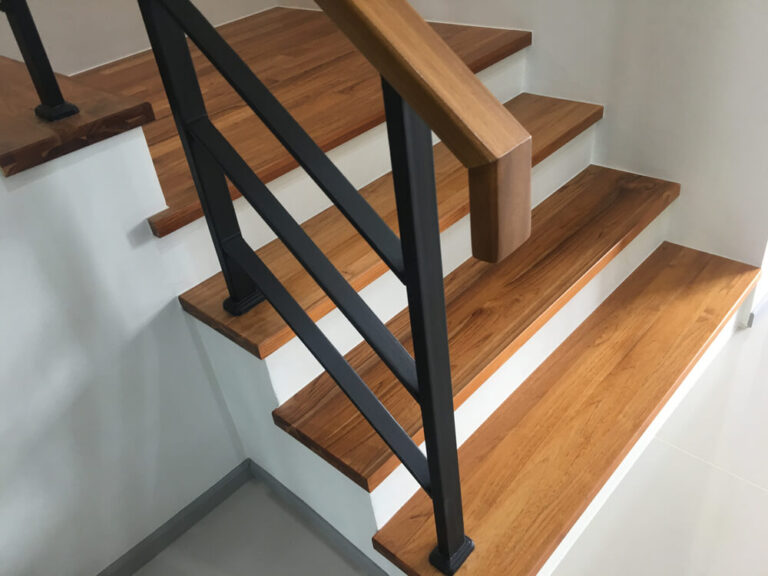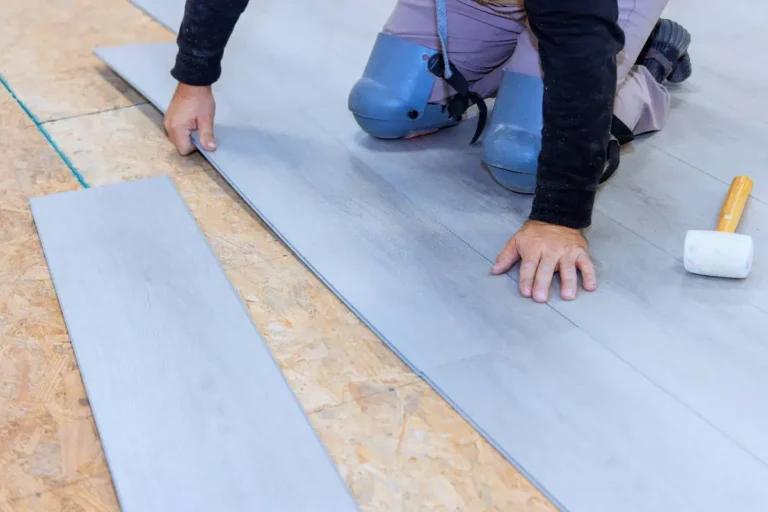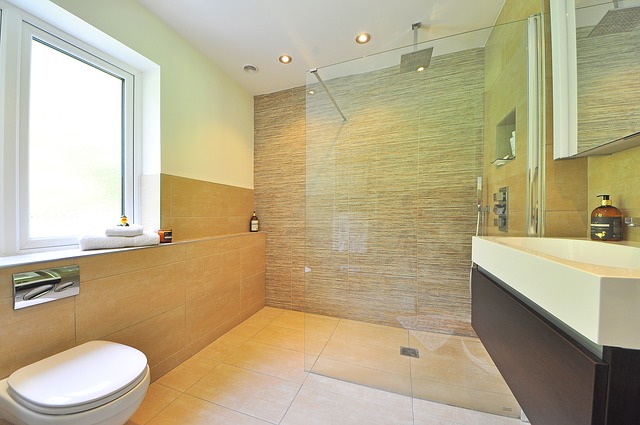Everything You Need to Know About Vinyl Plank Flooring: Key Benefits and Drawbacks
Vinyl plank flooring is a popular choice for both homes and businesses, offering a great mix of durability, style, and affordability. It comes in various designs, including options that mimic hardwood, stone, or ceramic, without the high price tag. Vinyl planks are water-resistant, scratch-resistant, and easy to clean, making them perfect for high-traffic areas like kitchens and bathrooms.
However, vinyl plank flooring does have a few drawbacks. It can be prone to scratches and dents, especially in high-traffic areas or homes with pets. Additionally, vinyl is made from PVC, which has environmental concerns and can be hard to recycle. Despite these drawbacks, vinyl plank flooring remains a practical, low-maintenance solution for any space, offering both style and value at a reasonable price.
Unmatched Durability: Why Vinyl Plank Flooring Lasts Longer
Vinyl plank flooring is renowned for its impressive durability, making it a top choice for areas with high foot traffic. The material is resistant to scratches, dents, and stains, which helps it maintain its appearance for years. With its wear layer, vinyl plank flooring can withstand the impact of heavy furniture, pets, and daily activities without showing signs of damage.
Another reason vinyl planks last longer is their water resistance. This makes them ideal for moisture-prone areas like bathrooms, kitchens, and basements. Unlike hardwood floors, which can warp or swell when exposed to water, vinyl planks remain intact and continue to look great even in humid conditions. With proper care, vinyl plank flooring can easily last 15-20 years or more, making it a long-lasting and cost-effective flooring solution.
Water Resistance: Perfect for Moisture-Prone Areas
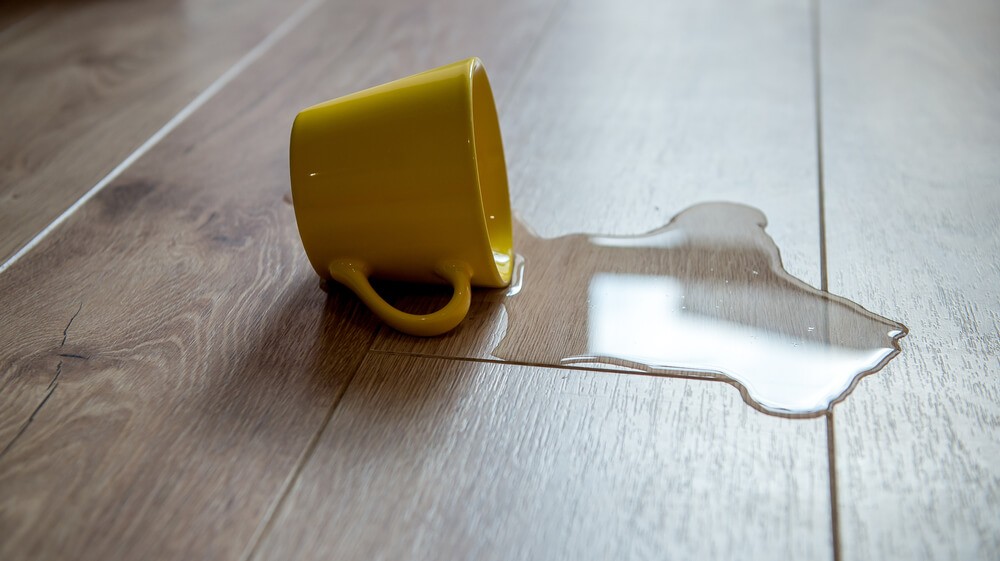
Vinyl plank flooring is highly resistant to water, making it the perfect choice for moisture-prone areas like bathrooms, kitchens, and basements. Unlike hardwood, vinyl won’t warp, swell, or become damaged from exposure to moisture, ensuring your floors maintain their integrity over time. This water-resistant quality makes vinyl an excellent choice for households with kids, pets, or areas that experience high humidity.
Additionally, vinyl plank flooring’s water resistance prevents the growth of mold or mildew, which can occur in other types of flooring. Whether it’s a spilled drink or a flooded bathroom, vinyl will protect your floor from lasting damage, keeping your home safe and looking great, especially in areas where small bathroom ideas require practical, moisture-resistant solutions.
Budget-Friendly: The Cost-Effectiveness of Vinyl Planks
One of the major advantages of vinyl plank flooring is its affordability. It offers the stylish look of hardwood or tile at a fraction of the cost. Not only is the material itself budget-friendly, but vinyl planks are also cost-effective in terms of installation, as many come with an easy-click system that eliminates the need for professional help. If you’re considering other flooring options, a cost breakdown of laminate flooring installation can help you compare costs, as laminate is another affordable choice for homeowners.
In addition to its initial low cost, vinyl plank flooring is also long-lasting. Since it requires little maintenance and is highly durable, homeowners can save on long-term repairs and replacements, making it a smart investment for any home.
Simple Installation: How Easy It Is to Install Vinyl Plank Flooring
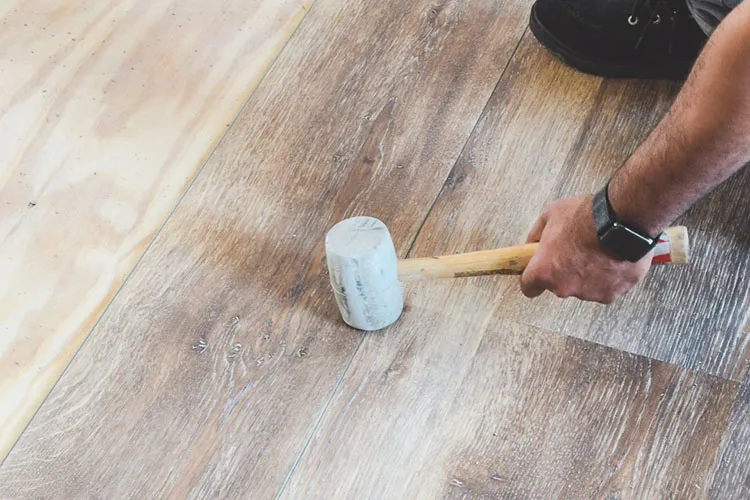
Vinyl plank flooring is incredibly easy to install, making it a great choice for DIY projects. Many vinyl planks feature a click-lock installation system, which allows the planks to snap together easily without the need for glue, nails, or staples. This not only saves time but also reduces installation costs, making it ideal for those on a budget.
The simple installation process also means that homeowners can enjoy their new floors quickly. Since there’s no need for complicated tools or professional help, you can transform your space with minimal hassle and enjoy your new vinyl planks almost immediately.
Versatile Design Options: Finding the Right Style for Your Home
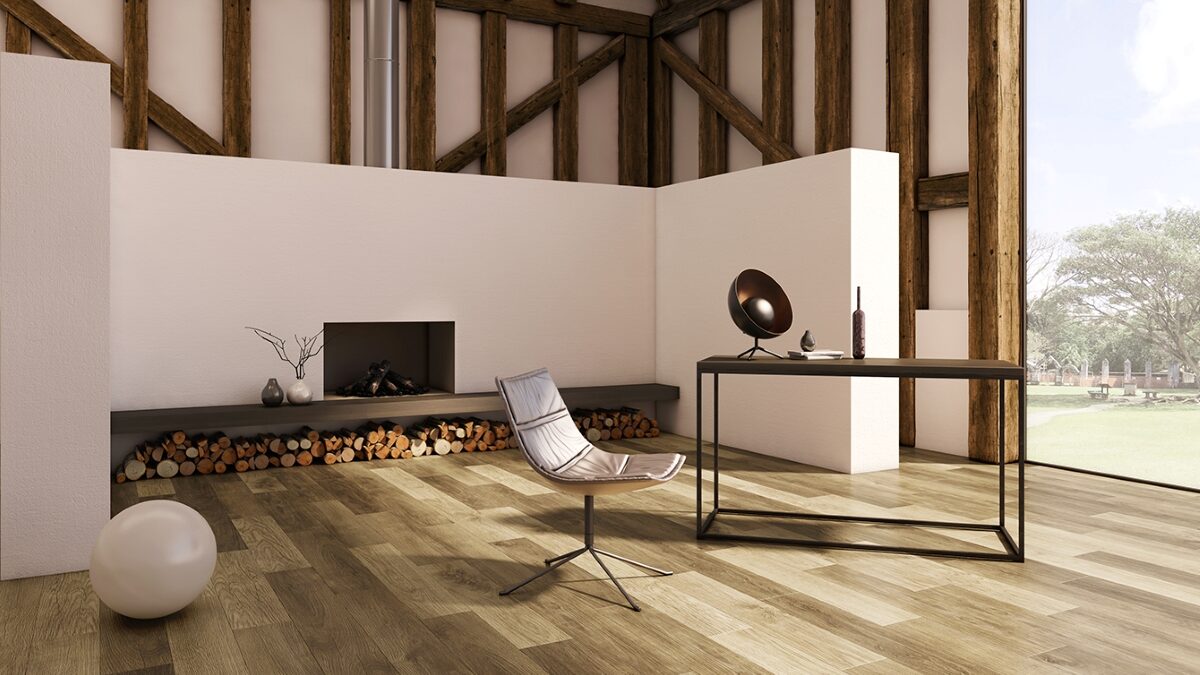
Vinyl plank flooring comes in a wide variety of styles, colors, and textures, making it easy to find a design that fits your home’s décor. Whether you prefer the look of traditional wood, modern tile, or rustic stone, there’s a vinyl option that can replicate the appearance of these materials without the high cost or maintenance.
This versatility also extends to installation options. Vinyl planks can be used in almost any room, from living areas to bathrooms, and can even be customized with borders or patterns to create a unique, personalized look that complements your interior style.
Comfort and Feel: Does Vinyl Plank Flooring Provide a Cozy Touch?
While vinyl plank flooring is known for its durability, it also offers a soft, comfortable feel underfoot. Unlike tile or stone, vinyl provides a cushion-like experience, which makes walking on it more pleasant. It’s especially beneficial in spaces where you stand for long periods, like kitchens or laundry rooms.
Moreover, vinyl plank flooring retains warmth, making it more comfortable during colder months. This added warmth can be particularly appealing in places like basements or entryways, where cold floors can be uncomfortable to walk on.
Noise Reduction: Quiet and Calm with Vinyl Planks
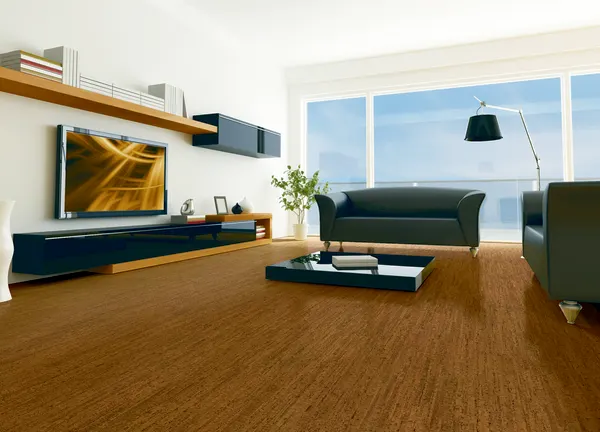
Vinyl plank flooring naturally helps reduce noise in the home. Its dense structure absorbs sound, reducing the echo and loud foot traffic noise that can occur with harder flooring materials like tile or wood. This makes vinyl an excellent choice for apartments or homes with multiple levels, where noise can be a concern.
For added noise reduction, some vinyl planks come with pre-attached underlayment that further absorbs sound. This makes your space quieter and more peaceful, especially in high-traffic areas such as living rooms and hallways.
Maintenance Made Easy: How to Care for Vinyl Plank Flooring
One of the standout features of vinyl plank flooring is its low-maintenance nature. To keep it looking great, all you need to do is sweep or vacuum regularly to remove dirt and debris. For deeper cleaning, simply mop with a damp cloth or use a mild cleaning solution. Unlike hardwood floors, vinyl doesn’t require waxing or sealing.
Additionally, vinyl plank flooring is resistant to stains and scratches, making it easier to maintain its appearance over time. With minimal upkeep required, you can enjoy the look of beautiful floors without the constant worry of expensive repairs or refinishing.
Environmental Impact: Is Vinyl Flooring Sustainable?
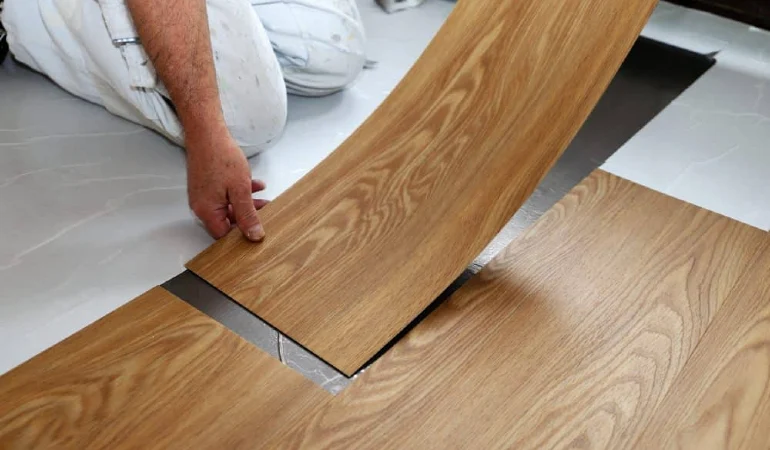
Vinyl flooring has made significant strides in becoming more environmentally friendly. Many modern vinyl planks are produced with sustainable practices, and some are even made from recycled materials. This helps reduce the environmental impact of production while still offering a durable, long-lasting product.
However, it’s important to consider the recyclability of the material at the end of its life. While vinyl can be difficult to recycle, some manufacturers are working to improve this aspect. If sustainability is important to you, look for brands that offer eco-friendly vinyl products with recyclable options.
Common Problems with Vinyl Plank Flooring: What to Watch Out For
While vinyl plank flooring is durable, it does have some common issues that homeowners should watch out for. Scratches and dents can occur, especially in high-traffic areas or homes with pets. These marks can mar the appearance of your floor if not properly protected.
Additionally, vinyl plank flooring may expand or contract when exposed to extreme temperatures. It’s important to ensure the room is climate-controlled and that the planks are installed correctly to avoid issues like gaps or buckling.
Vinyl Plank vs. Other Flooring Options
When comparing vinyl plank flooring to other materials, it stands out in terms of both affordability and durability. Hardwood flooring may offer a timeless look, but it comes with a high price tag and significant maintenance. Tile, while durable, can be cold and uncomfortable to walk on. Vinyl plank flooring offers a balance of beauty, comfort, and resilience at a much lower cost.
Moreover, vinyl planks are more water-resistant than many other flooring options. While hardwood can swell or warp when exposed to moisture, vinyl planks remain intact and functional even in humid conditions, making them the superior choice for bathrooms, kitchens, and basements.
Conclusion:
Vinyl plank flooring offers an ideal solution for homeowners looking for a budget-friendly, durable, and easy-to-maintain option. Its water resistance, simple installation, and wide variety of design options make it a popular choice for both residential and commercial spaces. Additionally, its comfort underfoot and noise-reducing properties add to its appeal, especially in high-traffic areas.
However, it’s essential to consider the potential drawbacks, such as susceptibility to scratches and dents, as well as the environmental impact of some vinyl products. By weighing these pros and cons, you can make an informed decision on whether vinyl plank flooring is the right choice for your home. With proper care, vinyl plank flooring can enhance your living space for years to come, providing both style and functionality at a cost-effective price.
